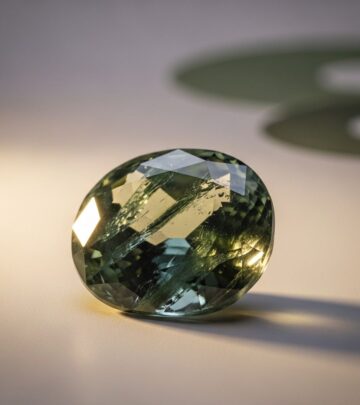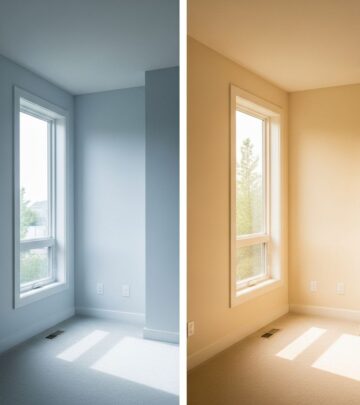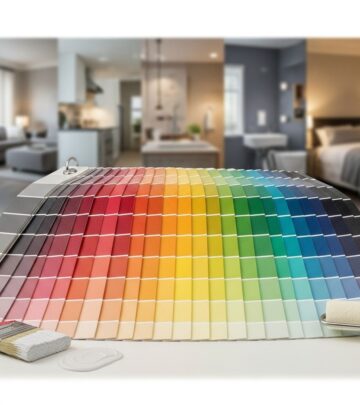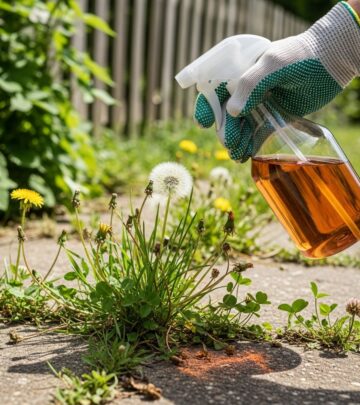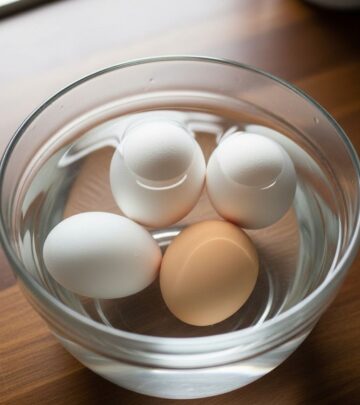How to Clean Brick Pavers: A Complete Guide for Long-Lasting Beauty
Extend the life and look of outdoor surfaces with safe, eco-friendly solutions.
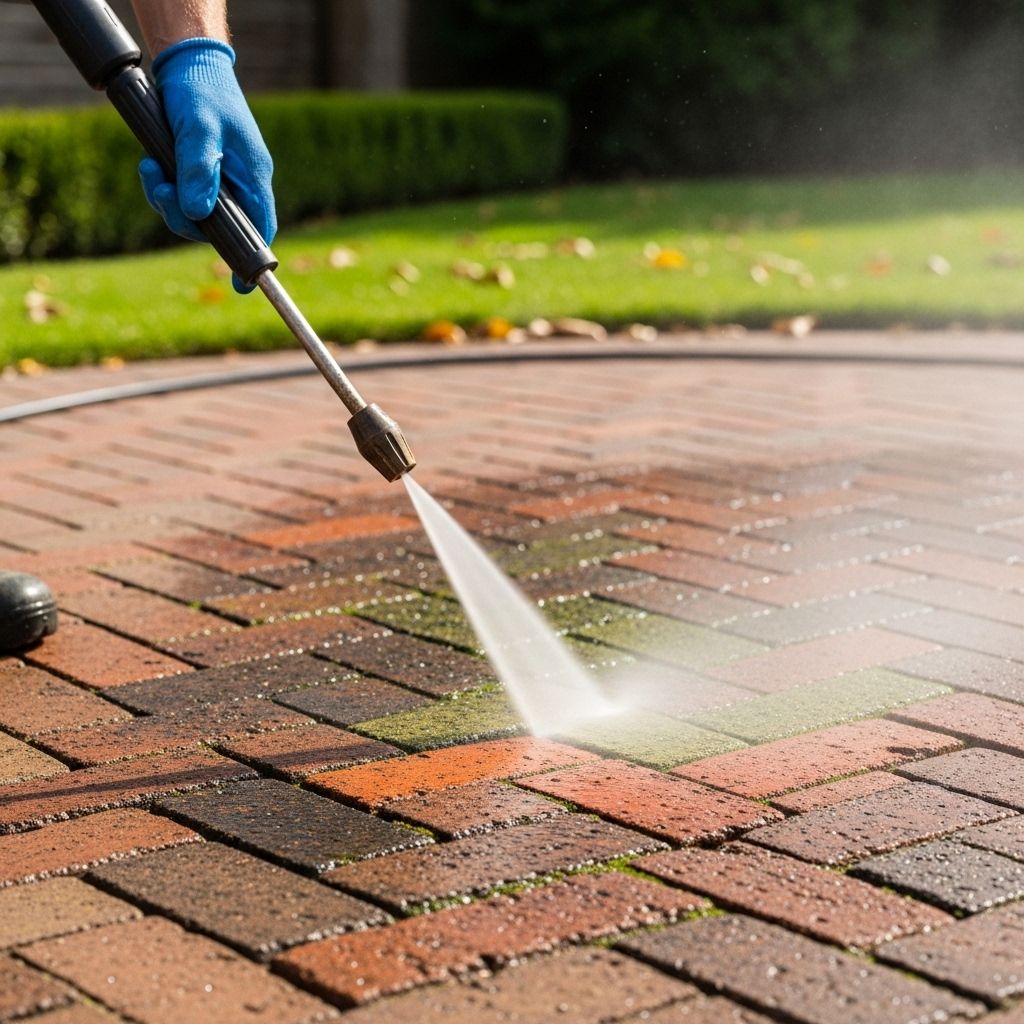
How to Clean Brick Pavers: Expert Instructions for Lasting Results
Brick pavers form the foundation of charming patios, driveways, and walkways, offering a durable, stylish surface that enhances curb appeal. Over time, pavers accumulate dirt, grime, moss, and unsightly stains. Routine cleaning and proper care not only restore their original appeal but also extend their lifespan, save on costly replacements, and reduce safety hazards underfoot. This guide presents step-by-step methods, safety tips, and troubleshooting—so you can keep your brick pavers looking their best for years to come.
Why Regular Paver Cleaning Is Essential
- Prevents Permanent Staining: Routine removal of leaves, oils, and debris helps avoid deep stains.
- Preserves Color & Finish: Proper maintenance preserves the natural look of your pavers.
- Protects Against Moss & Weed Growth: Clean surfaces limit opportunities for moss and weeds to take hold.
- Enhances Safety: Eliminates slippery residue and growth that can make surfaces hazardous.
- Improves Longevity: Regular cleaning reduces the risk of surface erosion and paver deterioration.
Choosing Your Cleaning Method
The best technique for cleaning brick pavers depends on stain types, your local climate, and your preference for natural versus commercial solutions. Always test any cleaner on a small, inconspicuous spot to confirm it will not discolor or damage the pavers.
| Cleaning Method | Best For | Eco-Friendliness | Required Tools |
|---|---|---|---|
| Pressure Washing | Heavy dirt, mildew, stains | Neutral | Pressure washer, safety gear |
| Baking Soda & Vinegar | Light stains, eco-sensitive areas | High | Baking soda, white vinegar, brush |
| Mild Detergent & Water | General grime, everyday dirt | High | Dish soap, bucket, brush, hose |
| Commercial Paver Cleaner | Oil, deep-set stains | Low–neutral | Specialty cleaner, brush, hose |
Step-By-Step Instructions: Cleaning Brick Pavers
1. Gather Your Supplies
- Broom or leaf blower
- Stiff-bristled brush or outdoor push broom
- Bucket of warm water
- White distilled vinegar
- Baking soda
- Mild dish soap (e.g., Dawn)
- Garden hose or a pressure washer
- Commercial paver cleaner (for advanced stains)
- Protective gloves and goggles
2. Clear the Area
- Remove all patio furniture, decorative items, and potted plants from the cleaning area.
- Use a broom or leaf blower to clear away leaves, twigs, and loose debris between the joints.
3. Address Weeds and Moss
- Manually pull out visible weeds between paver gaps before cleaning.
- If moss or persistent weeds remain, apply a diluted white vinegar solution, allow it to sit for 1 hour, and rinse away.
4. Select and Apply Your Chosen Cleaning Technique
A. Pressure Washing
- Ideal for removing heavy dirt, mildew, and deep stains.
- Use a pressure washer set on low or moderate (around 1500 PSI).
- Hold the nozzle at a downward angle 12–18 inches above the pavers.
- Work in small sections, rinsing thoroughly as you go to prevent residue buildup.
- Avoid using high pressure that may dislodge joint sand or damage surfaces.
B. Baking Soda and Vinegar Paste
- Mix equal parts white distilled vinegar and water, then add baking soda until a thick paste forms.
- Spread paste generously over stained areas and let sit for 30 minutes.
- Scrub with a stiff-bristled brush, focusing on stubborn spots.
- Rinse thoroughly with a garden hose and let dry.
C. Mild Detergent and Water
- Fill a bucket with warm water and add a few drops of mild dish soap.
- Dip a soft-bristled brush or outdoor broom into the solution and scrub the pavers using circular motions.
- For large areas, work systematically in small sections for thorough coverage.
- Rinse well to prevent soap residue and potential slipperiness.
D. Commercial Paver Cleaner
- Read all instructions carefully and confirm product compatibility with brick pavers.
- Apply as directed, usually allowing the cleaner to sit before scrubbing.
- Wear gloves and safety goggles to avoid skin and eye irritation.
- Rinse thoroughly with clean water to remove chemical residues.
Removing Stubborn Stains: Special Instructions
Oil and Grease Stains
- Blot up excess oil with an absorbent towel or cat litter.
- Apply baking soda directly; let sit for 15–20 minutes.
- Scrub with warm water and dish soap paste, rinse thoroughly.
- For deep oil spots, use a commercial degreaser formulated for masonry.
Moss, Algae, and Mildew
- Apply a vinegar and water solution (1:1) for eco-friendly mold removal.
- Allow the solution to dwell for up to one hour before scrubbing.
- Rinse with water; repeat as needed for heavy growth.
Rust Stains
- Treat with a paste of baking soda and vinegar, or use citric acid-based cleaner.
- Let sit for 30 minutes, then scrub and rinse well.
Preventing Damage and Protecting Pavers
- Avoid harsh chemicals, bleach, or muriatic acid, which can erode paver surfaces.
- Never use wire brushes, which scratch and dull brick pavers.
- Promptly rinse away cleaning agents after scrubbing to prevent discoloration.
- Limit power washing intensity to prevent joint sand loss and surface scarring.
- Test any new cleaner on a hidden area before large-scale use.
Post-Cleaning Care: How to Maintain Brick Pavers
- Sweep regularly to prevent debris accumulation and weed growth.
- Remove stains as soon as noticed to avoid permanent setting.
- Inspect for loose or shifting pavers and repair as needed to maintain a level surface.
- Apply a breathable sealant after cleaning to enhance stain resistance and color longevity. Follow manufacturer guidance for your specific paver type.
- Reapply joint sand as needed to maintain integrity and prevent weed/ant infiltration.
Going Natural: Eco-Friendly Cleaning Practices
- Baking soda, white vinegar, and mild dish soaps are non-toxic, biodegradable, and highly effective for most stains.
- Collect and dispose of rinse water responsibly, keeping chemicals out of storm drains.
- Avoid overuse of commercial cleaners; use only when natural options cannot remedy stains.
Common Mistakes to Avoid
- Too much pressure: Using a pressure washer on high can damage paver surfaces and wash out sand from joints.
- Wrong chemicals: Bleach, ammonia, or acidic cleaners can erode brick and lead to discoloration.
- Neglecting prompt rinsing: Leaving cleaning agents to dry on pavers may result in streaks or etching.
- Poor maintenance: Letting debris and stains accumulate increases difficulty and may shorten paver lifespan.
Frequently Asked Questions (FAQs)
Q: How often should brick pavers be cleaned?
A: For most homes, a thorough cleaning twice per year (spring and fall) is recommended, along with spot cleaning for any noticeable stains or growth.
Q: Will vinegar damage brick pavers?
A: White vinegar, diluted with water, is generally safe for unsealed brick pavers in moderation. Avoid using full-strength vinegar or harsh acids, and always rinse thoroughly after cleaning to prevent etching.
Q: Can I use bleach or muriatic acid to clean stains?
A: Bleach or muriatic acid are not recommended, as they may discolor brick and erode both paver and joint material. Safer alternatives include baking soda, mild soap, or specialty cleaners designed for masonry.
Q: Is sealing necessary after cleaning brick pavers?
A: Sealing is optional, but adds protection against stains, fading, and weed growth. Choose a breathable sealer compatible with brick pavers and follow manufacturer application guidelines.
Q: Do natural cleaners really work on tough stains?
A: Natural options like baking soda and vinegar can handle most everyday stains. For persistent oil, grease, or rust, specialty commercial cleaners are sometimes necessary for full removal.
Summary Table: Brick Paver Cleaning Methods Comparison
| Method | Best Use | Advantages | Cautions |
|---|---|---|---|
| Baking Soda & Vinegar | Light organic stains, moss | Non-toxic, easy, inexpensive | Rinse well to prevent residue |
| Pressure Washing | Heavy dirt, mildew | Fast, thorough | Use low PSI; may erode sand |
| Mild Soap & Water | General grime | Safe for all pavers | May require repeated scrubbing |
| Commercial Cleaners | Oil, grease, rust stains | Removes tough problems | Check for compatibility; wear protection |
Conclusion: Enjoy Cleaner, Safer, More Beautiful Brick Pavers
A proactive approach—combining natural cleaning solutions, regular maintenance, and the safe use of commercial products—ensures your brick pavers remain an attractive, functional centerpiece of your outdoor living space. By following these expert-backed techniques and precautions, you can avoid costly repairs and preserve your investment for years to come.
References
- https://www.aviarapavers.com/blog/how-to-clean-pavers-naturally
- https://windowhero.com/blog/a-simple-instruction-guide-for-how-to-clean-patio-pavers/
- https://pandapavers.com/blog/how-to-clean-pavers-without-power-washing/
- https://www.youtube.com/watch?v=VI00-5p0r90
- https://www.pinehallbrick.com/proper-technique-for-cleaning-your-brick-patio/
- https://thathomebirdlife.com/how-to-clean-pressure-power-wash-brick-pavers/
- https://www.youtube.com/watch?v=48BZXVnnWFc
Read full bio of medha deb

